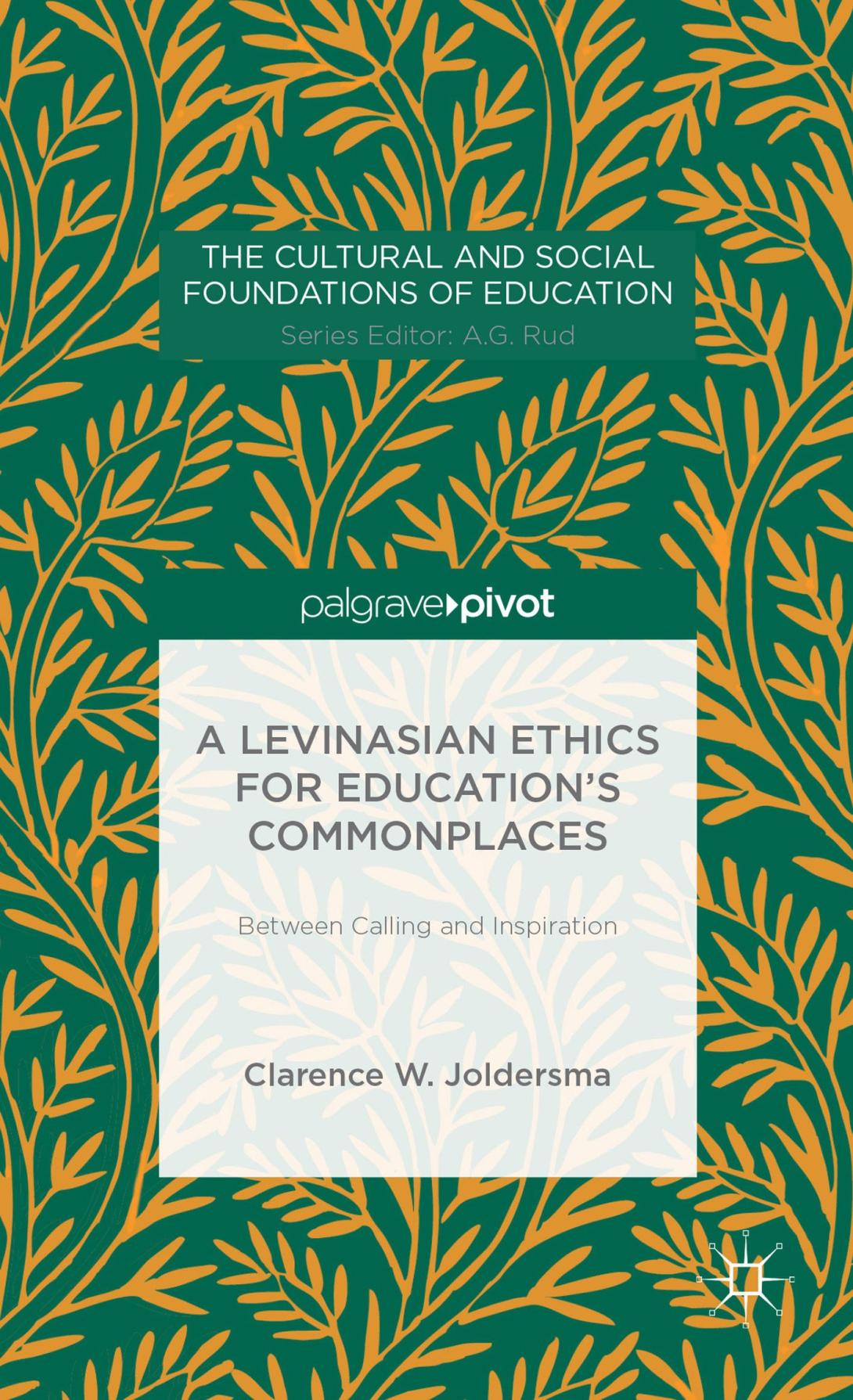A Levinasian Ethics for Education's Commonplaces

Joldersma explores Emmanuel Levinas's understanding of ethics, and establishes the notion of transcendence as related to time immemorial and to time unforeseeable. These two concepts are connected to the types of indirect experience which will help define the structural conditions of education: being called to normative responsibility and being inspired with a hope that motivates action. These themes are used throughout the books to help support and substantiate the argument built around Schwab's four commonplaces of education: learner, teacher, curriculum, and institutions. Ultimately, education emerges as a response to the call of justice.






